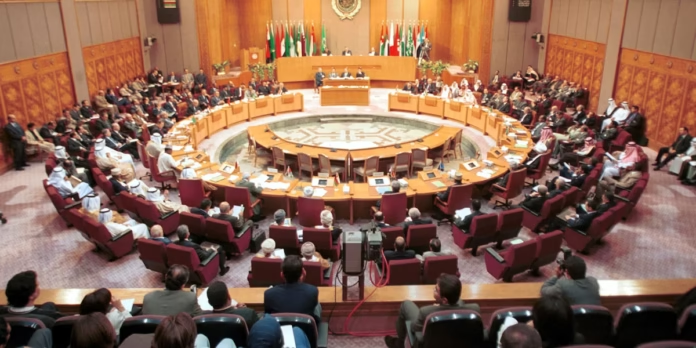Kuwait is leading the call for stronger legal measures across the Arab world. These measures aim to prosecute war crimes, genocide, and occupation-related abuses. At an Arab League symposium, Counselor Nawaf Al-Shariaan outlined key legal reforms to combat impunity for international crimes.These reforms seek to boost accountability.
Al-Shariaan heads the Scientific Advisory Council of the Kuwait Lawyers Association. He urged the Arab League to develop a unified Arab charter focused on universal jurisdiction. This principle allows national courts to prosecute serious crimes committed outside their territory. As well as he emphasized that empowering local courts is crucial, especially when seeking justice for crimes committed against the Palestinian people.
In a working paper presented at the event, Al-Shariaan called for incorporating universal jurisdiction into national legislation. He argued that this would allow Arab courts to hold war criminals accountable, even in their absence. Al-Shariaan stressed that every Arab country must update its laws to align with international conventions such as the Geneva Conventions, the Rome Statute, and the Genocide Convention.
He proposed creating a specialized Arab legal unit in the League of Arab States to monitor human rights, support prosecutions, and coordinate international cases under the Kuwait universal jurisdiction initiative. So this body would also manage a regional database of suspects and evidence to support cross-border investigations.
Al-Shariaan also urged Arab governments to synchronize legal and diplomatic efforts through League missions abroad. In addition he recommended submitting regular legal reports to international parliaments and governments. These reports should include documented evidence and witness testimonies. The goal is to build support for international legal action.
Al-Shariaan proposed war crimes prosecution units and cooperation agreements among Arab states to share evidence. However, he also urged NGOs and media to raise awareness and document violations for court use.
Kuwait sent a senior judicial delegation to the event. As well as the team included Judge Mohammed Al-Omran, Deputy Prosecutor Abdullah Al-Naama, and legal researcher Ahmed Al-Ajmi. They took part in a special session about the International Criminal Court’s role. Additionaly The session focused on prosecuting crimes committed in the occupied Palestinian territories, especially by Israeli officials.
The two-day symposium on July 27–28 at the Arab League headquarters gathered judges, legal experts, and regional and international representatives. Discussions focused on how Arab legal systems can close accountability gaps and prevent impunity for international crimes.
Kuwait leads the universal jurisdiction initiative to strengthen regional legal frameworks and hold war criminals accountable across borders.


